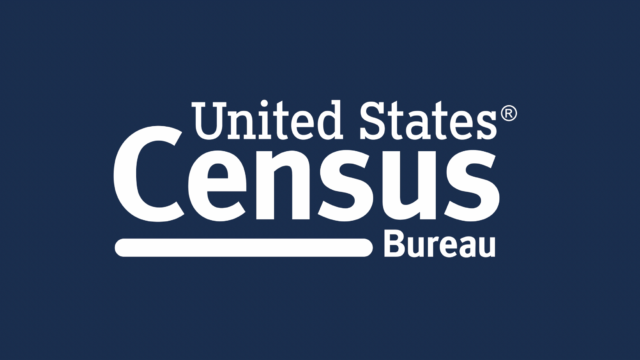Census Bureau Director Defends Use of Differential Privacy
December 1, 2022

Census Bureau Director Robert Santos responded to criticism of the 2020 Census disclosure avoidance system in a letter to researchers last week, defending the Bureau’s use of differential privacy and calling it “the best solution available.” Differential privacy entails the injection of controlled amounts of noise into publicly reported statistics, which enables the Census Bureau to provide useful data while also securing a mathematical guarantee of privacy. The Bureau adopted differential privacy for the 2020 Census to address the privacy risks inherent in the nationwide collection of personal data and the growing threat of reidentification and reconstruction attacks.
In August, researchers sent a letter to Santos arguing that differential privacy had caused reporting delays and adversely affected publicly available census data. But Santos explained that the Bureau has worked to minimize impact of differential privacy on data quality and that delays have been caused by the COVID-19 pandemic, which impacted both the collection and release of census data.
EPIC has long worked to secure the confidentiality of the personal data collected by the Census Bureau. In 2021, EPIC filed an amicus brief defending the Census Bureau’s use of differential privacy, calling it “the only credible technique to protect against [reidentification] attacks, including those that may be developed in the future.” EPIC noted that differential privacy “is not the enemy of statistical accuracy,” but rather “vital to securing robust public participation in Census Bureau surveys[.]”
In September, EPIC bestowed a Champion of Freedom Award on John Abowd, chief scientist of the U.S. Census Bureau, for “making remarkable strides for privacy and civil rights by transforming the disclosure avoidance system at the U.S. Census Bureau through the introduction of differential privacy.”
EPIC has also encouraged the use of differential privacy in other contexts. In recent comments to the White House Office of Science and Technology Policy, EPIC urged federal agencies to prioritize the adoption of differential privacy and to increase funding across the board for privacy-enhancing technologies.

Support Our Work
EPIC's work is funded by the support of individuals like you, who allow us to continue to protect privacy, open government, and democratic values in the information age.
Donate